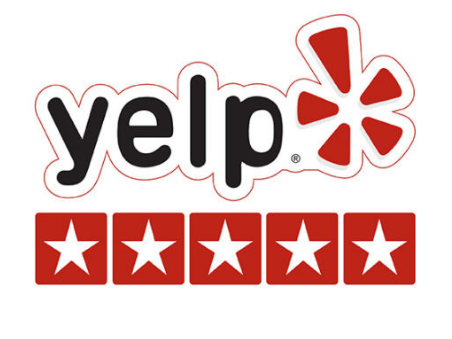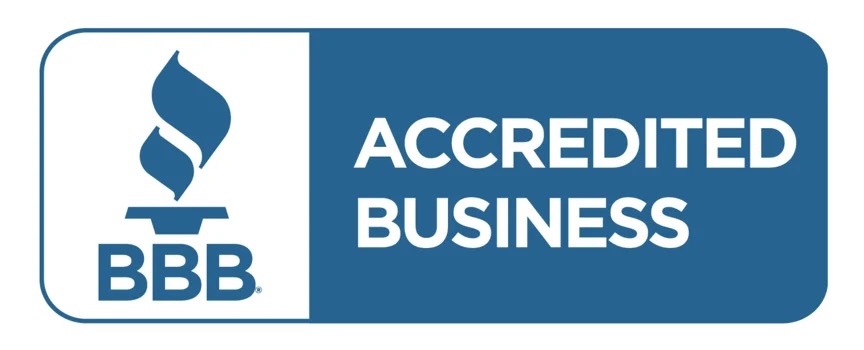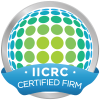Comprehensive Guide to Restoration and reconstruction in Boulder, Colorado
When disaster strikes your Boulder home, quick action is essential. Water damage, sewage backups, mold growth, and the subsequent reconstruction process can feel overwhelming, but understanding the proper procedures can help you navigate these challenges effectively. This guide provides Boulder residents with essential information about water damage restoration and related services.
Water Damage Cleanup
Water damage can occur from numerous sources in Boulder homes, including burst pipes during winter freezes, spring snowmelt flooding, severe storms, or appliance failures. The high elevation and variable climate of Boulder create unique challenges for homeowners.
Categories of Water Damage
Water damage is classified into three categories:
Category 1 (Clean Water): Water from clean sources like broken water lines
Category 2 (Gray Water): Slightly contaminated water from dishwashers, washing machines, etc.
Category 3 (Black Water): Highly contaminated water containing pathogens, including sewage backups and floodwater
Immediate Steps After Water Damage
Safety first—shut off electricity if water is near electrical outlets or devices
Stop the water source if possible
Remove valuable and portable items from affected areas
Contact your insurance company to report the damage
Document everything with photos and videos before cleanup begins
Call a professional restoration company, especially for anything beyond minor spills
Professional Water Extraction and Drying in Boulder
Boulder’s unique climate can impact the drying process. The city’s low humidity can actually accelerate drying, but proper equipment is still essential. Professional water damage restoration companies use:
Industrial water extractors and pumps
Professional-grade dehumidifiers
High-volume air movers
Moisture meters to ensure complete drying
Infrared cameras to detect hidden moisture behind walls
Complete drying typically takes 3-5 days, though larger losses may require more time. Boulder’s elevation and climate mean special attention must be paid to thorough drying to prevent secondary damage.
Sewage Backup Cleanup
Sewage backups are unfortunately common in older Boulder neighborhoods with aging infrastructure, particularly in areas like Capitol Hill, Baker, and parts of Park Hill.
Health Risks
Sewage contains bacteria, viruses, and other pathogens that pose serious health risks. Professional handling is essential as this is classified as Category 3 (black water) damage.
Professional Sewage Cleanup Process
Area containment to prevent cross-contamination
Personal protective equipment (PPE) for all workers
Removal and disposal of contaminated materials
Extraction of contaminated water
Cleaning and disinfection of affected areas
Application of antimicrobial treatments
Proper disposal of hazardous waste according to Boulder regulations
Boulder-Specific Considerations
Boulder’s regulations require proper disposal of contaminated materials. Additionally, homeowners should be aware that in some cases, the city’s Public Works department may need to be involved if the backup originated from the municipal sewer system.
Mold Remediation
Boulder’s climate, with its dry air, typically discourages mold growth. However, when water intrusion occurs, mold can develop quickly if moisture isn’t properly addressed.
Mold Growth Timeline
Mold can begin growing within 24-48 hours after water damage. Boulder’s typically low humidity may slow this process somewhat, but enclosed spaces can still develop significant mold problems.
Signs of Mold
Visible mold growth
Musty odors
Allergy-like symptoms
Discoloration on walls, ceilings, or floors
Respiratory issues or increased asthma symptoms
Professional Mold Remediation Process
Inspection and assessment
Containment of affected areas using negative air pressure
Air filtration with HEPA filters
Removal of mold-infested materials
Cleaning of contents and surfaces
Drying of all materials to appropriate moisture levels
Restoration of affected areas
Boulder’s Mold Considerations
Boulder’s altitude and climate create specific challenges for mold remediation. The city’s frequently dry air can sometimes mask moisture issues until they become severe. Additionally, homes with evaporative coolers (“swamp coolers”) common in Boulder can create moisture conditions favorable for mold growth if not properly maintained.
Reconstruction Services
After water damage, sewage cleanup, or mold remediation, reconstruction returns your home to its pre-loss condition.
Scope of Reconstruction
Depending on damage severity, reconstruction may include:
Drywall repair or replacement
Subfloor and flooring replacement
Cabinet and countertop restoration or replacement
Electrical and plumbing repairs
Painting and finishing
Structural repairs if necessary
Working with Insurance
Most Boulder homeowners will need to work closely with their insurance during reconstruction. A quality restoration company can help:
Provide detailed documentation for insurance claims
Work directly with adjusters
Create accurate scopes of work and estimates
Ensure all damage is properly identified and addressed
Boulder Building Codes and Permits
Reconstruction work in Boulder typically requires permits, especially for structural, electrical, or plumbing work. Professional restoration companies should handle this process, ensuring all work meets Boulder’s specific building codes and passes required inspections.
Boulder-Specific Considerations
Winter Concerns
Boulder’s winter temperatures frequently drop below freezing, creating risks of pipe bursts. When water damage occurs during winter months, external conditions can complicate restoration efforts, making professional assistance even more crucial.
Insurance Recommendations
Given Boulder’s climate risks, homeowners should ensure their insurance covers:
Water damage from pipe bursts
Sewer backup coverage (typically an additional endorsement)
Flood insurance if in a flood-prone area (separate from standard homeowners policies)
Finding Qualified Restoration Professionals
Boulder residents should look for restoration companies with:
IICRC certification
Good standing with the Better Business Bureau
Local experience and knowledge of Boulder building codes
24/7 emergency response capabilities
Proper licensing and insurance
Prevention Tips for Boulder Residents
Insulate pipes in unheated areas during winter
Consider water detection systems for early warning
Maintain gutters and downspouts, especially before spring snowmelt
Have sewer lines inspected if your home is in an older Boulder neighborhood
Ensure proper grading around your foundation to direct water away from your home
Consider a sump pump if your property is prone to water intrusion
By understanding these fundamentals of water damage restoration, Boulder homeowners can make informed decisions when facing water-related emergencies. The key to successful restoration is quick action, professional assistance, and thorough documentation—ensuring your Boulder home returns to safe, dry conditions as quickly as possible.




